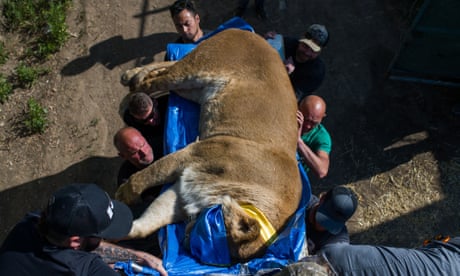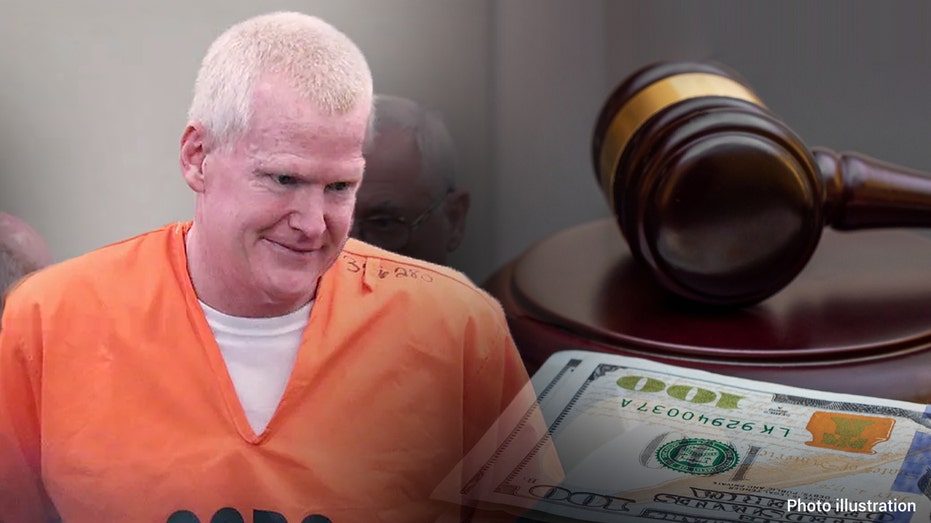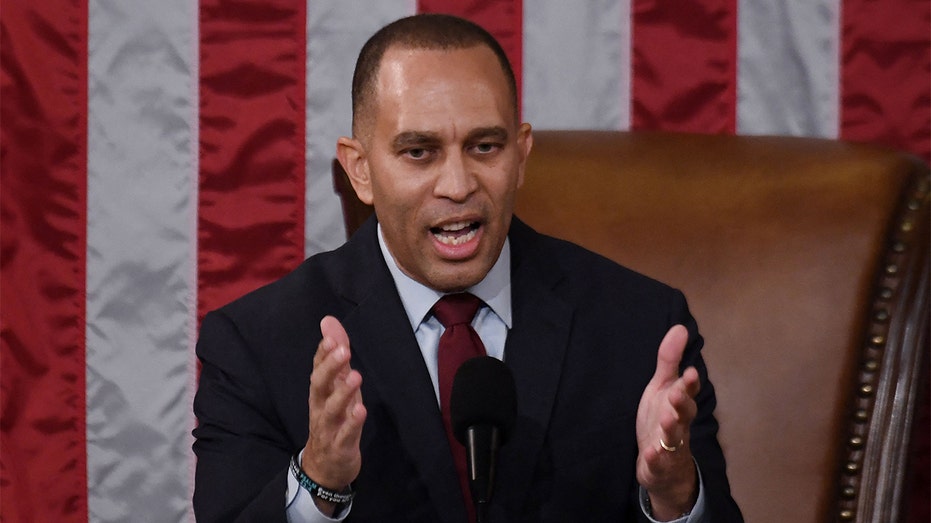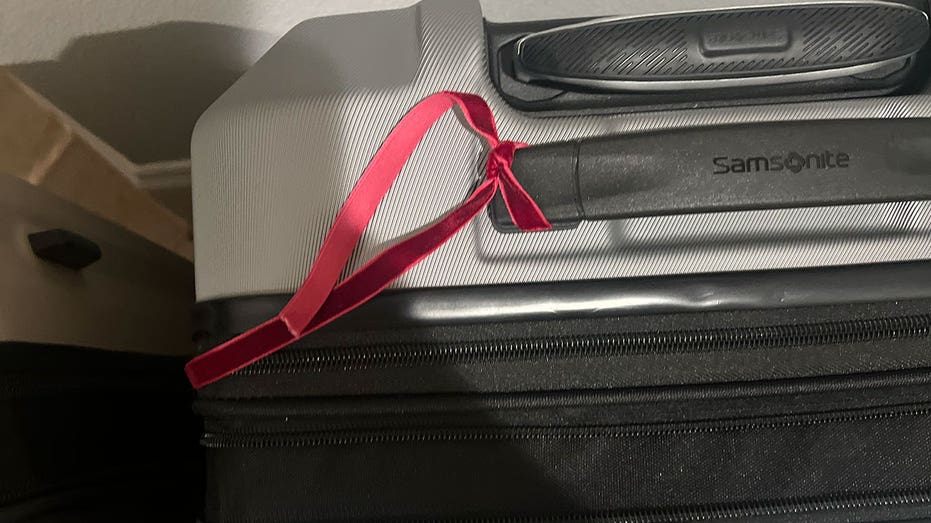- by foxnews
- 15 Jan 2025
Three trucks, nine lions, police with guns: how the Odesa big cat rescue unfolded
Three trucks, nine lions, police with guns: how the Odesa big cat rescue unfolded
- by theguardian
- 05 Jun 2022
- in news

The lion rescuers met at midnight in the carpark of a hotel in the Romanian city of Suceava, 50km from the Ukraine border.
Their destination was a zoo in the port city of Odesa, an eight-hour drive through the war-torn country, where nine lions were rapidly running out of food.
Ukraine is home to a large number of exotic animals held in private zoos or as amusements in hotels and tourist venues. The Russian invasion, which has displaced more than 14 million people, of which seven million have fled Ukraine as refugees, also prompted an influx of animal rights organisations determined to rescue animals that had been left behind.
But few wildlife rescuers have the ability to remove and rehome a pride of lions.
De Lange has lived in Ukraine since 2014, rescuing bears, wolves and lions from unsafe conditions through the organisation Warriors of Wildlife. He spoke to the Guardian from a cafe in Bucharest, the day after finishing the 72-hour journey to retrieve the lions and settle them safely in a Romanian zoo.
The nine lions from Odesa took his tally of big cats brought across the border to 38.
Even with his experience in planning animal extractions, things can easily go wrong. Before the truck broke down, De Lange had to change his planned route to avoid Russian bombing.
He decided to travel through Moldova, requiring a new set of paperwork under the Convention on International Trade in Endangered Species (Cites) to approve cross-border travel, and a new round of negotiations with both Moldova and Ukraine to provide a police escort.
The rescue crew, a collection of British army veterans and a veterinarian, arrived in Odesa at 4pm last Monday, too late to begin the seven-hour long sedation and loading process. The zoo owner paid for them to spend the night in a five-star seaside hotel, where the lights were turned out at 9pm so that Russian missiles could not target them.
The next morning the lions were sedated, given a health check and vaccinated before being lifted pallbearer-style into travelling crates, where they were woken up before the journey began. Four were loaded into a Ford Transit van driven by De Lange, another four were placed on the back of an ex-military truck, and one was in the back of a converted ambulance.
All made the journey safely, save some bumps and bruises from the travel crates.
The most difficult part of the operation, De Lange says, was finding a zoo in Romania that would take nine lions, the largest of which weighed 230kg, until a more permanent home could be organised.
The rescue was funded by Animals Australia, which raised money to cover vehicle hire. It is the second lion rescue the organisation has funded since the war began on 24 February.
- by foxnews
- descember 09, 2016
Flight passenger shows luggage resembling prop from airport thriller 'Carry-On,' sparking reactions
A social media user posted a photo of a suitcase tied with a ribbon that appeared to remind people of the new action movie "Carry-On," sparking references in the comment section.
read more


